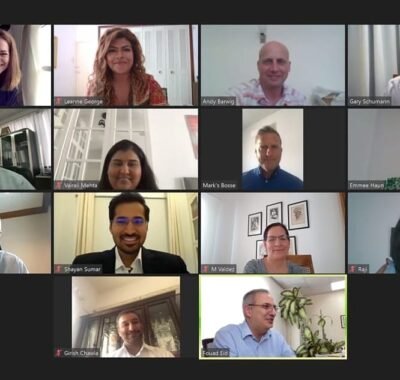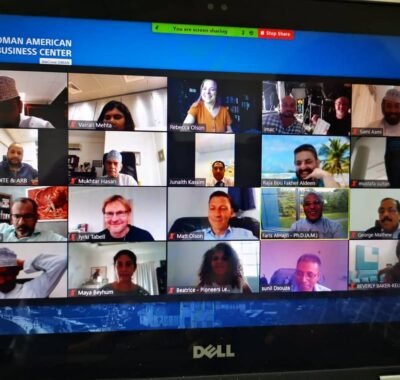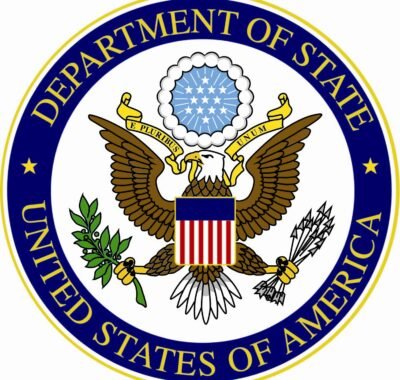The Oman American Business Center (OABC) will host a free informational session for Omani exporters interested in promoting their products in the United States.
The session will discuss how to attend ASD Market Week, one of the oldest and largest consumer trade shows in the US, now available for online attendance.
Though the show cannot be conducted in-person, many are anxious to get back to business, which is why the organisers announced plans to launch the Virtual Product Sourcing Platform, from October 2, 2020, to March 2021.
This virtual directory gives the 225,000 invited buyers and 2,700 vendors the opportunity to connect and conduct business-to-business meetings. Buyers can source new products, refill orders and schedule appointments all through the online platform.
This virtual platform enables vendors to showcase their products in an easy to navigate directory.
At the end of the online trade show, exporters are also invited to attend a full scale, live edition of ASD Market Week on February 28-March 3, 2021, in Las Vegas, NV.
The show focuses primarily on wholesale of fashion accessories, housewares, gifts and toys, apparel, affordable footwear, holiday and seasonal merchandise, souvenirs and novelties, electronic accessories, bedding and bath, health and beauty products and general merchandise.
“Oman is one of only 20 countries in the world, and one of two countries within the GCC, that has a free trade agreement with the US,” explained Ali Daud, chairman of the OABC.
“In this exclusive club of trade partners there is so much untapped potential ready to be explored. This online opportunity is a fantastic chance for Omani exporters to engage with the world’s largest economy and fish in the world’s largest ocean.”
“We are extremely excited to support companies looking to attend this event,” said Rebecca Olson, executive director of the OABC.
“The first unique opportunity presented here is the chance to connect with buyers over a long period: rather than 2-3 days, attendees can plan meetings and make connections over several months. The second opportunity relates to cost – typically to exhibit at a show in-person could cost upwards of US$20,000. This show will cost less than 1/10 of that price, and could provide value and help companies gauge whether or not to make the trip in-person in 2021.”
After the info session, those who wish to register for the trade show will have the experience and support of the OABC at their service.
All members of the OABC will receive specialised training over multiple days, focused on how to attend the trade show and make the most of the experience as a vendor.
While the info session is mainly focused on companies looking to export to the US, importers in Oman may also attend the session.
Many of the vendors exhibiting will have ‘Made in USA’ products available. Thanks to the FTA, these products enter Oman duty-free.











